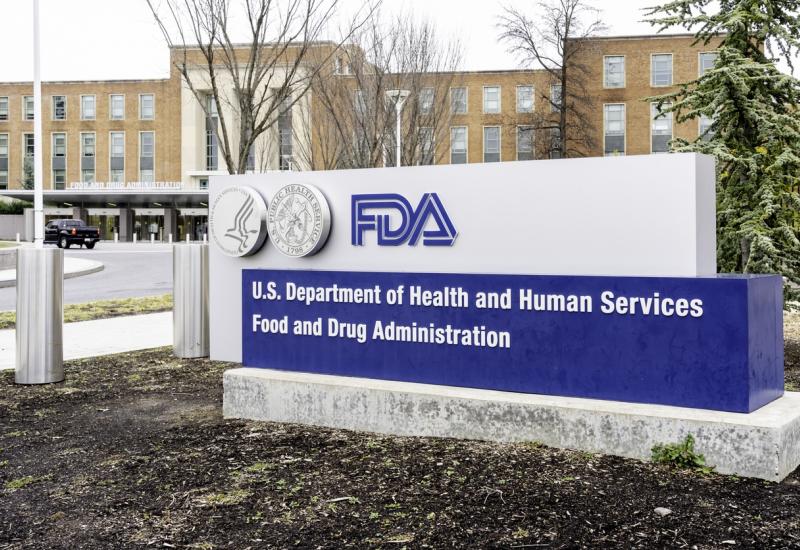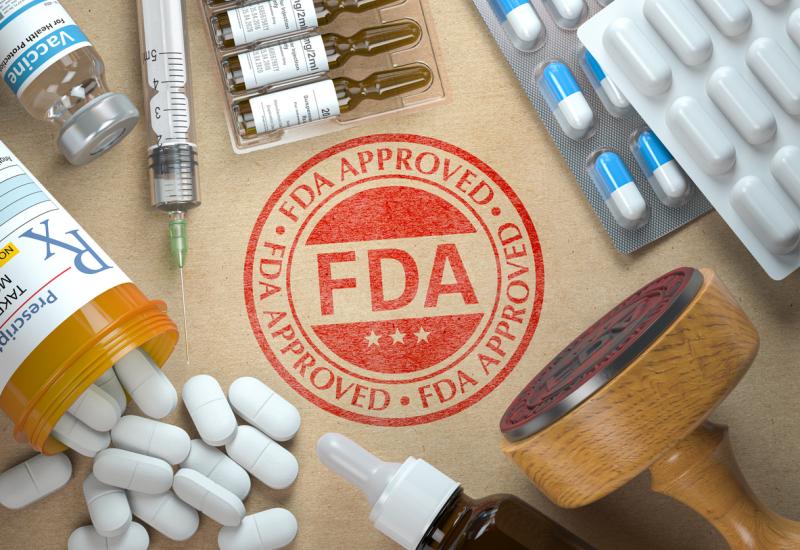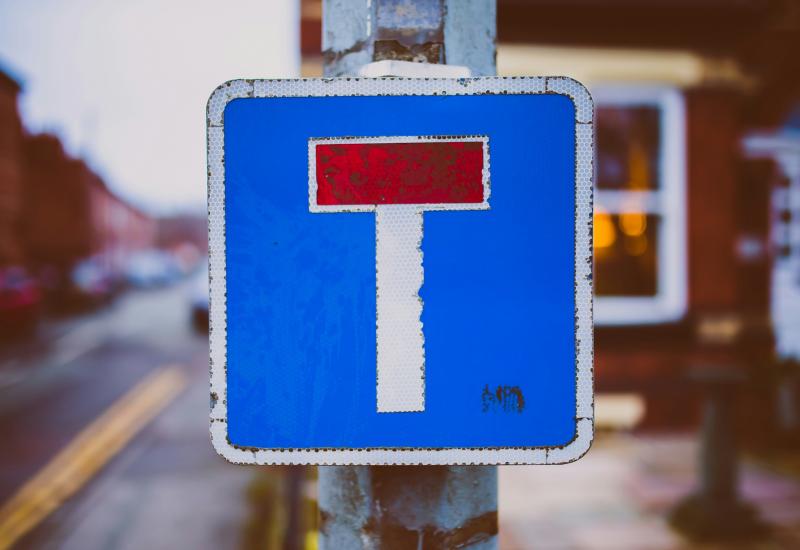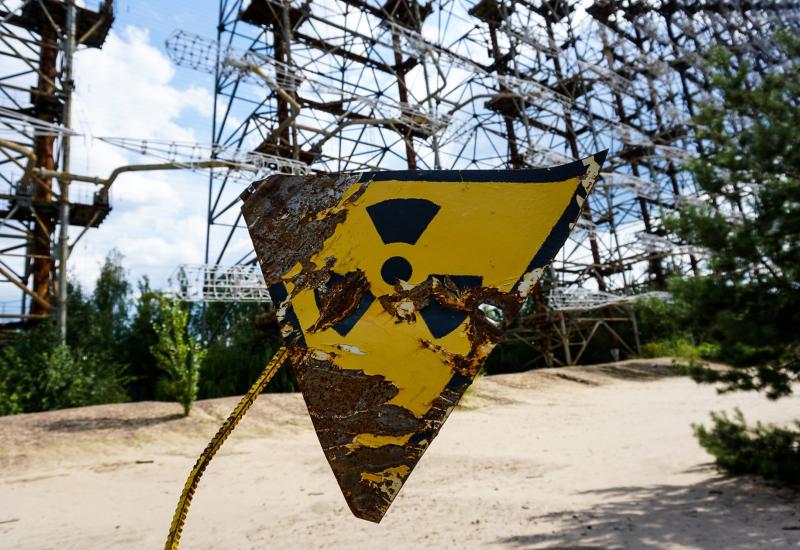
Merck’s big ADC deal takes a blow
A complete response letter for Merck & Co and Daiichi’s patritumab deruxtecan might not be fatal, but it’s certainly embarrassing.
A complete response letter for Merck & Co and Daiichi’s patritumab deruxtecan might not be fatal, but it’s certainly embarrassing.

Merck & Co has made it clear that it sees antibody-drug conjugates as a big part of its future, so yesterday’s complete response letter for its Daiichi-partnered project patritumab deruxtecan will have come as a nasty surprise.
The FDA decision was the first big test of the two companies' tie-up struck last October, which saw Merck pay $5.5bn up front for rights to three Daiichi ADCs – the most advanced of which was the HER3-targeting patritumab-dxd.
The companies noted that the CRL related to third-party manufacturing issues, rather than any questions about efficacy or safety. But the news raises questions about why companies of Merck and Daiichi’s stature couldn’t get such a seemingly technical issue right first time, especially after making such a large investment in the project.
Perhaps the filing was rushed; at the time of the deal analysts hadn’t expected patritumab-dxd to get its first nod until 2025.
The companies had been hoping for accelerated approval for third-line or later locally advanced or metastatic EGFR-mutated non-small cell lung cancer, based on a 30% ORR in the Herthena-Lung01 trial.
Merck and Daiichi didn’t give a timeline for re-filing, only saying they would address the issues “as quickly as possible”. It is worth noting that, in the meantime, data could emerge from the confirmatory Herthena-Lung02 trial, in second-line NSCLC.
The next most advanced project is Bristol Myers Squibb and SystImmune’s izalontamab brengitecan, a EGFR x HER3 bispecific ADC, although that antibody's phase 3 trials are all being carried out in China. A US phase 1 SystImmune-sponsored trial, Lung-101, is due to yield data this year.
Moreover, BioNTech/MediLink’s BNT326 was recently hit by a partial US clinical hold following patient deaths. Despite patritumab-dxd's setback, therefore, Merck and Daiichi are well ahead of the rest of the HER3 ADC pack.
Merck & Daiichi’s ADC projects
| Project | Target | Deal terms | Status |
|---|---|---|---|
| Patritumab deruxtecan | HER3 | $1.5bn up front ($750m of which is subject to decision by Oct 2024), plus $500m immediate R&D cost* | CRL Jun 2024; filing had been based on ph2 Herthena-Lung01; ph3 Herthena-Lung02 data expected late 2024/early 2025 |
| Raludotatug deruxtecan | CDH6 | $1.5bn up front ($750m of which is subject to decision by Oct 2025)** | Ph2/3 Rejoice-Ovarian01 in platinum-resistant ovarian cancer completes Dec 2027 |
| Ifinatamab deruxtecan | B7-H3 | $1.5bn up front, plus $500m immediate R&D cost* | Ph3 Ideate-Lung02 in relapsed SCLC completes Apr 2027 |
Notes: *the $1bn of R&D costs was potentially refundable; **Merck additionally committed to funding the first $1.5bn of raludotatug-dxd's $2bn R&D expenses; the Daiichi slide deck (but not Merck's statement) also added that Merck would be responsible for 75% of the first $2bn of R&D expenses for patritumab-dxd & ifinatamab-dxd; Merck will also pay up to $5.5bn per ADC contingent on the achievement of certain sales milestones. Source: OncologyPipeline & company release.
4720













